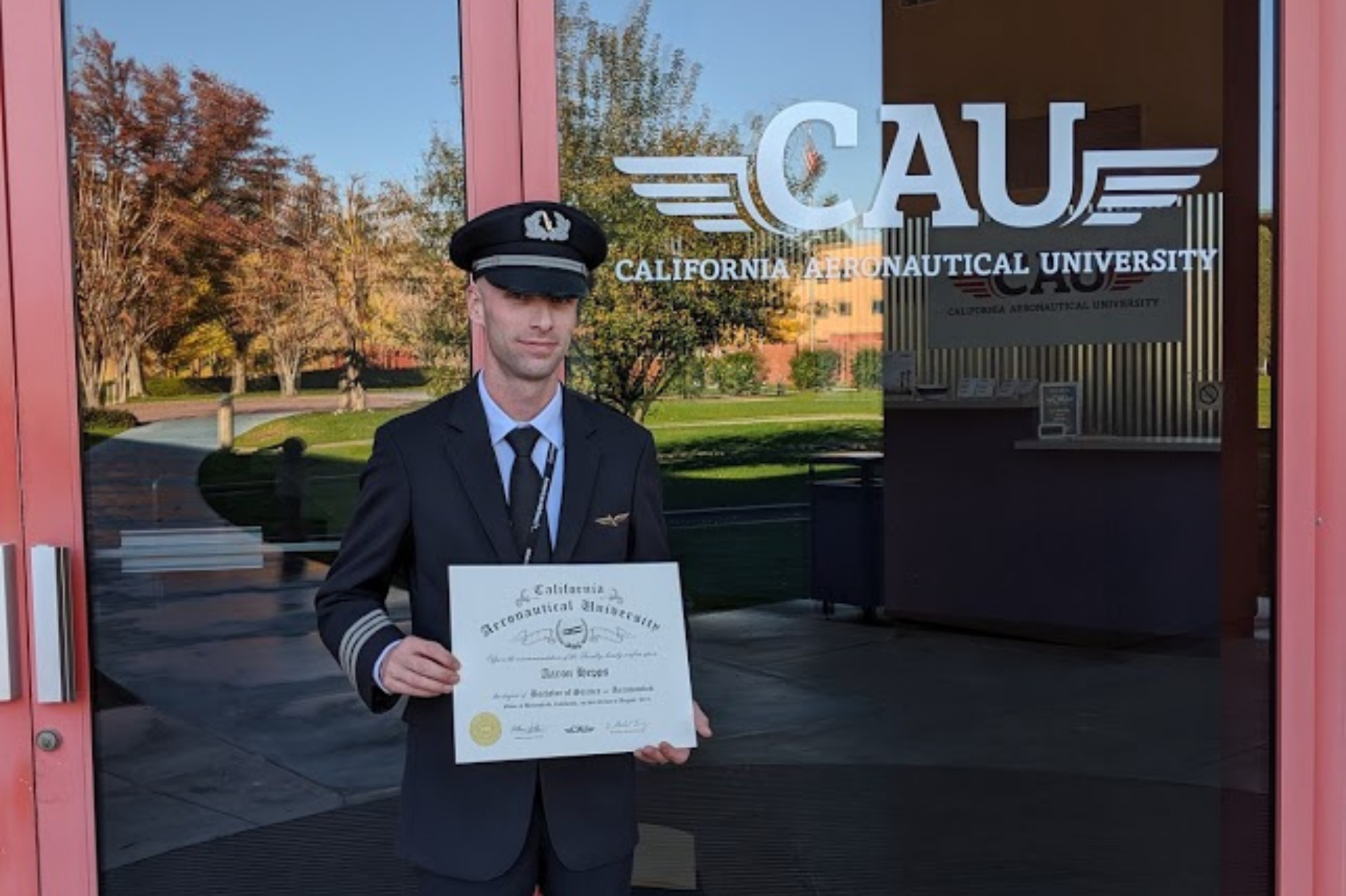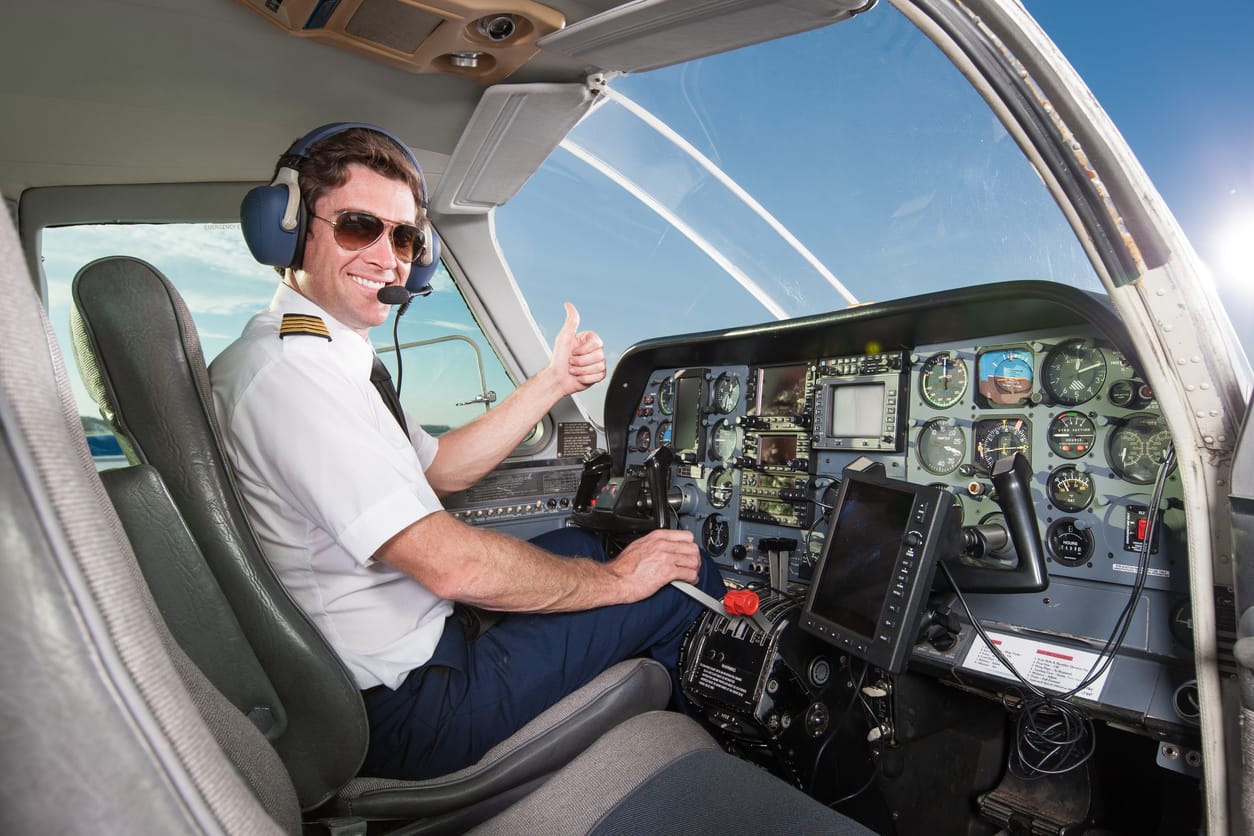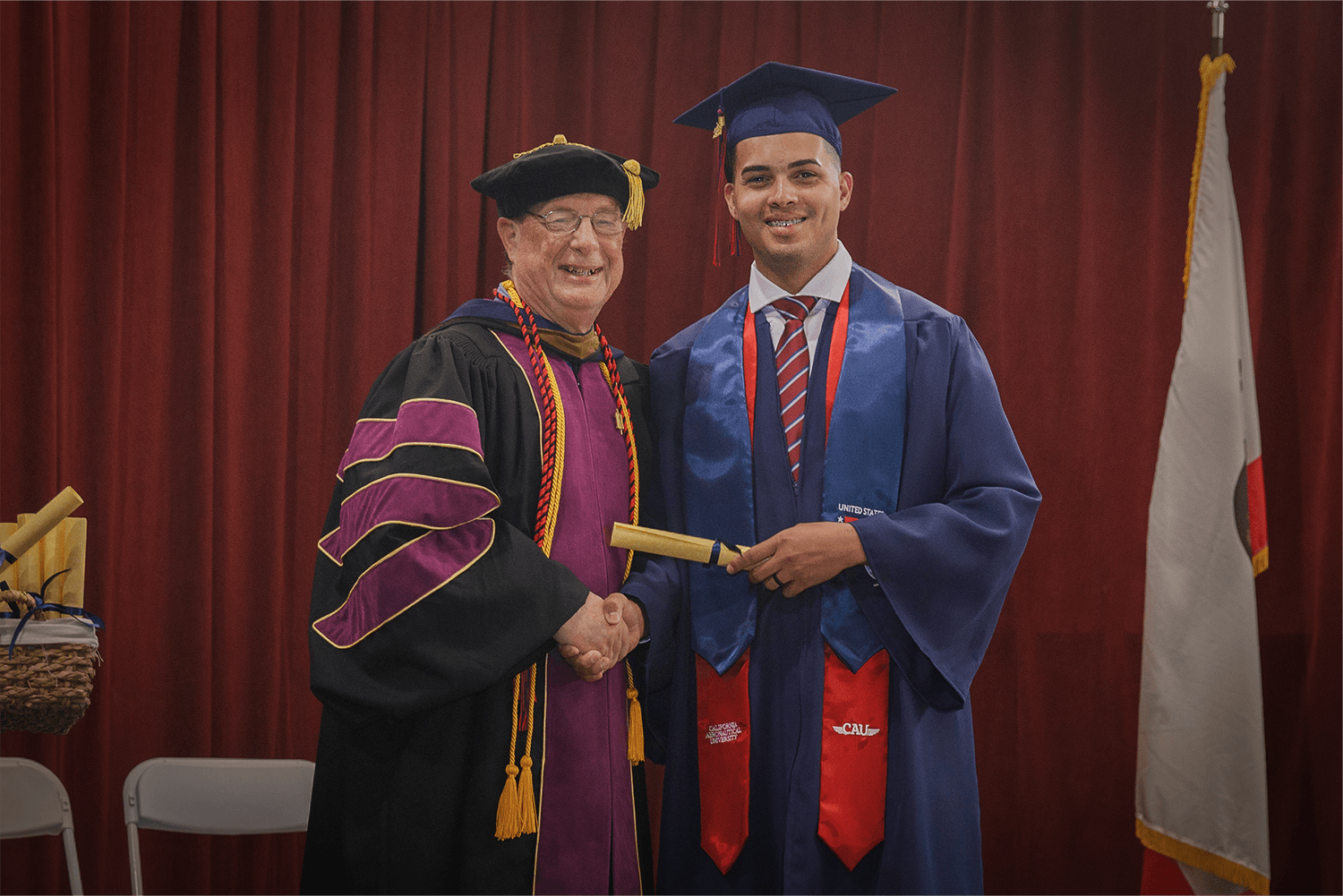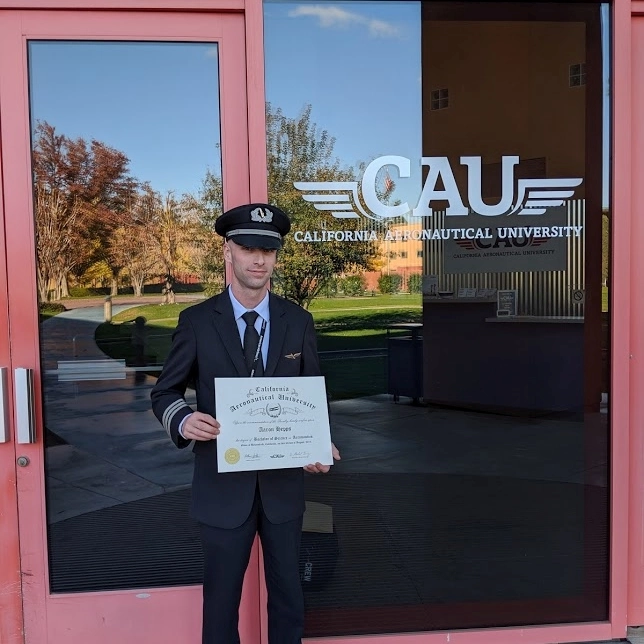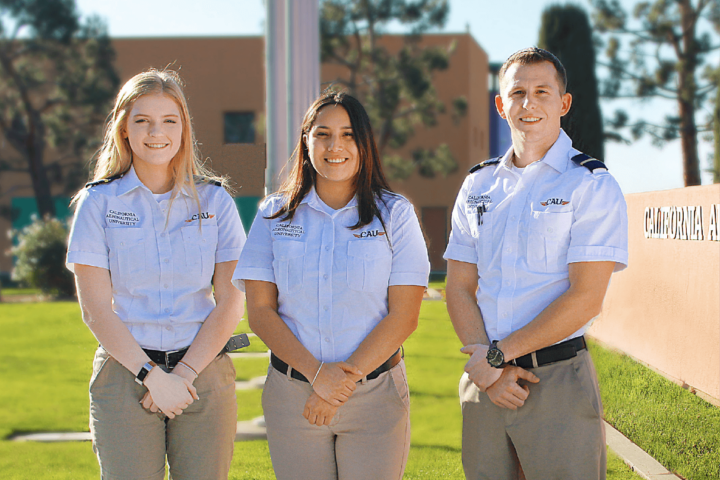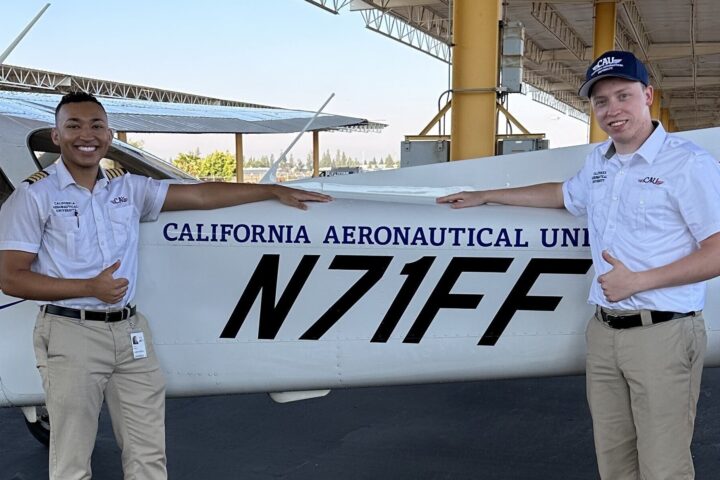After graduating from flight school, it’s important to create an eye-catching resume. Here are four tips to write an amazing pilot resume.
With the aviation community in flux during the COVID 19 pandemic, some pilots are weighing the option of temporarily shifting away from passenger flying to cargo and charter flying which is rapidly growing. In fact, Federal Express is hiring and charter companies are posting gains as well.
However, no matter what happens in the immediate future, when the pandemic has run its course, the factors contributing to a worldwide pilot shortage will remain, and airlines will return to canvassing for resumes. Moreover, it is a good idea for professional pilots to always have their logbooks updated and their resumes polished and at the ready. You never know when your dream job might come calling and here are a few tips.
1) Include Only What’s Necessary
While it might be tempting to dump every possible award and office you have held back to middle school, the truth is that most companies are looking for current relative information as it relates to your ability to be a successful aviation professional. High school and college valedictorians can profit from such accomplishments immediately after graduation, but the expiration date on academic accomplishment in the business world is swift and brutal.
As a professional pilot moves along in their career, earlier accomplishments should fall off the resume accordingly. That means that if a pilot has towed banners over a decade ago, it is time to put that away (unless, of course, you are applying to be a banner tower or want to emphasize the breadth of airplanes you have flown). Such details should already be accessible in your logbook. Try to include more advanced accomplishments and training details.
Some resume guides recommend including “goals” and “attributes,” most of which should be self-evident. While recruiters and chief pilots may be interested that you think of yourself as punctual, a people person, and a fast learner, they are more interested in you proving the aforementioned. If the company asks for a list of references, these men and women should be able to praise those soft skills. Use your pilot resume real estate to discuss your offices, ratings, and even volunteer work.
Think carefully about what to include. Taking friends and family for occasional sightseeing hops is not necessarily a matter of professional accomplishment. However, if you are currently a member of Civil Air Patrol and concentrate on providing safety training for your squadron, that is a strong item to include. It shows that you are interested in sharing your skills, working in a team, and learning new skills in your field.
2) Be the Professional You Are
Use business sense and keep your pilot resume looking as clean as possible. This means presenting yourself as a professional who understands how to effectively express good written communication. For instance using neutral, business appropriate font like Times New Roman or Arial.
Communicating your professionalism extends to every possible aspect of your resume, including your email address. It costs just a few dollars a year to invest in an .aero address or a similar email handle. Associating yourself with email addresses like [email protected] is not a good idea.
Some might consider it a good idea to mail the company a hard copy pilot resume folded like a paper airplane. Refrain from using these tactics as you may not know the culture of the organization and it is simply not worth the risk. Another aspect of showing professionalism is treating those around you respectfully, even if you are merely calling the employer’s main phone number to confirm an email address. Simple courtesies such as “please” and “thank you” are as important as the details in your resume.
Read the directions of the hiring announcement slowly and without distractions; good pilots are detail-oriented. If you have questions about what to include in your application or the job itself, read the job announcement again carefully before shooting off an email to the person who may or may not be in charge of advancing your resume to the next hiring phase.
Take the time to tailor your pilot resume for the job at hand. Some elements of each resume will remain the same, but it is worth it to refine occasionally. For example, if a charter operation is seeking a pilot who is on the road a great deal and you have experience in “based at home” work as well as some demanding travel; emphasize that on your resume.
3) Communicate Clearly
Some pilots like to wave away pleas about good communication skills because “I’m flying an airplane; I’m not writing novel.” That may be correct, but true professionals communicate clearly despite their job description. This means using great grammar, formal language, and addressing hiring personnel with full names instead of “Hey you” in emails and texts. Use spellcheck and grammar check programs.
If you do not feel comfortable constructing your pilot resume or cover letter yourself, ask a friend or family member who is good with words to take a look at the final product. Sometimes a second pair of eyes can catch errors or typographical errors which you may have missed.
4) Make Sure You Meet the Minimum Requirements
This is a pet peeve of chief pilots and recruiting staff. You can set yourself apart simply by following instructions and applying only for that which you are qualified. If a chief pilot is looking for pilot with a type rating for a Gulfstream, and you do not have a type rating for a Gulfstream, keep scrolling.
The aviation world is a small one. Firing resumes at random or acting angrily after a failed job application could result in a negative reputation, particularly if you have applied over and over again at the same small company despite being unqualified; the staff might be leery of giving you an interview even if you finally reach the minimum qualifications they are seeking.
Ready to soar in your aviation career?

Tamu Smith-Kohls serves as the Vice President of Enrollment Management and Marketing for California Aeronautical University. She has worked in the aviation industry in various roles for 24 years. As a United States Air Force retired veteran, she has a unique appreciation for the aviation industry. Tamu has served in Information Systems as a Network Administrator, Aerospace Flight Medicine as a Health Services Manager, and Air Force Recruitment and Marketing. She holds an undergraduate degree in Psychology; a Master’s in Business Administration and is a Certified Neuro Linguistic Practitioner. Her passion is motivating, training, coaching and serving others to reach their best potential.
